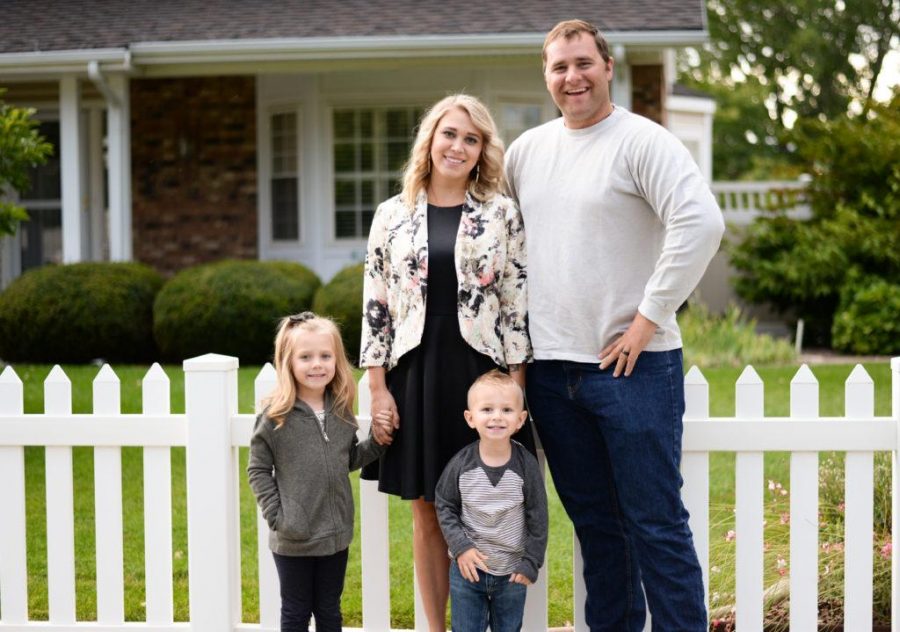If the news is to be believed, millennials are responsible for the death of the American Dream. They don’t want to own a house, they don’t want to get married, and they don’t have the same expectations from life. There’s no doubt that millennials hold radically different values from their parents and grandparents. Socially they are much more liberal: gay marriage is almost universally accepted and socialistic tendencies are easy to find. On the other hand, they are perhaps even more fiscally conservative than any generation in modern history. When it comes to the Christian, white-picket fence ideal, millennials are definitely the opposite of their forbearers.
Most millennials entered into adolescence or had their first taste of work life in tandem with the economic crisis. Their first impressions of American capitalism were either witnessed first-hand or vicariously through their parents as they were foreclosed on and watched their 401k’s disappear. As a result, millennials have little confidence in the investment economy and all those things that go along with it. They don’t have or want as many credit cards, they don’t have or want to take on the commitment of paying for a house and they definitely don’t have the money to pay for exorbitant luxuries. This is a bit of a problem for older generations, who based their business and retirement strategies on that economy of excess. Every other day there is an article about how millennials are ruining life for the older generations, bankrupting the diamond market, or destroying the concept of paid vacation by constantly working. But it’s not as if millennials have a choice in the matter. It’s not that they wouldn’t buy a diamond given the chance or wouldn’t go on a vacation if the economy wasn’t so relentless. However, because they believe that taking a vacation directly hinders their ability to advance in their career and because wages have stagnated for so long, big investments and leisure aren’t an option.
For millennials, getting and keeping a job is the equivalent of the “Hunger Games.” They are fiercely competitive in the workplace, and that forces every other generation to be just as cutthroat. They have to be, because they are competing with millions of workers older and more experienced than them. The only thing millennials can offer up is hard, diligent work for employers while trying in any way possible to gain the skills and education necessary to compete.
For many this also means getting a college education. In 1979, minimum wage could pay for an entire semester of college tuition with just two weeks of full time work. Currently, a student would have to work 48 hours a week, every week throughout college, in order to do the same. College tuition has increased 1,120 percent over the last 30 years; in the same time period wages have only grown by about eight percent when factoring in inflation.
For Baby Boomers and Gen Xers, the six percent that comes out of a paycheck for social security was an investment. For millennials it’s a charity. Medicare and social security are expected to run out of funds before millennials ever have a chance to make use of them.
So when the older folks complain about lazy and entitled millennials, it’s really a bit self-serving. The problem isn’t that millennials aren’t trying. It’s that they don’t have the capital to finance the older generations and business owners as they wind down their own work lives and get ready for retirement. It’s like a huge societal reenactment of Scooby Doo, and those baby boomers would have gotten away with it too, if it weren’t for those meddling kids and their stupid crippling debt.
For millennials, it’s do or die. There’s no room for the American Dream — at least not the same one.
Millennials are crafting a new American Dream though, and it’s very different from the old one. Instead of owning a house and having the corner office, millennials are more social in their living and working. Co-living is a new trend which basically mimics the college living situation but for adults, with shared living spaces. On the flip side, Co-working has become more popular. With Co-working, instead of businesses hosting their own offices or freelancers working from home, they rent out spaces where people of various backgrounds, from engineering to accountants, work in the same office environment.
Millennials care much more about this sense of community and exposure than they do about property ownership or being comfortable. Perhaps it’s because they were never exposed to those things: property and being comfortable. But faced with current realities, this is the direction the American dream is headed. They are more urban and more experience-driven, wanting a fulfilling social life over opulent living. They view intellectual stimulation as essential. They don’t want to view a job as a necessary evil that slowly works them to the bone until they die, a concept they were force-fed by ornery and ever-complaining elders. Instead, they want work to give them a sense of purpose and passion. For the baby-boomers, life was about making it, reaching the milestones and not questioning the process. Millennials have been forced to question the process. They’ve had to innovate in order to make a place for themselves. As a result the American Dream has changed. It’s not really about the end goal anymore. It’s about finding new ways to live, new ways to interact and new things to conquer. Millennials seem to be ambitious for ambition’s sake.


